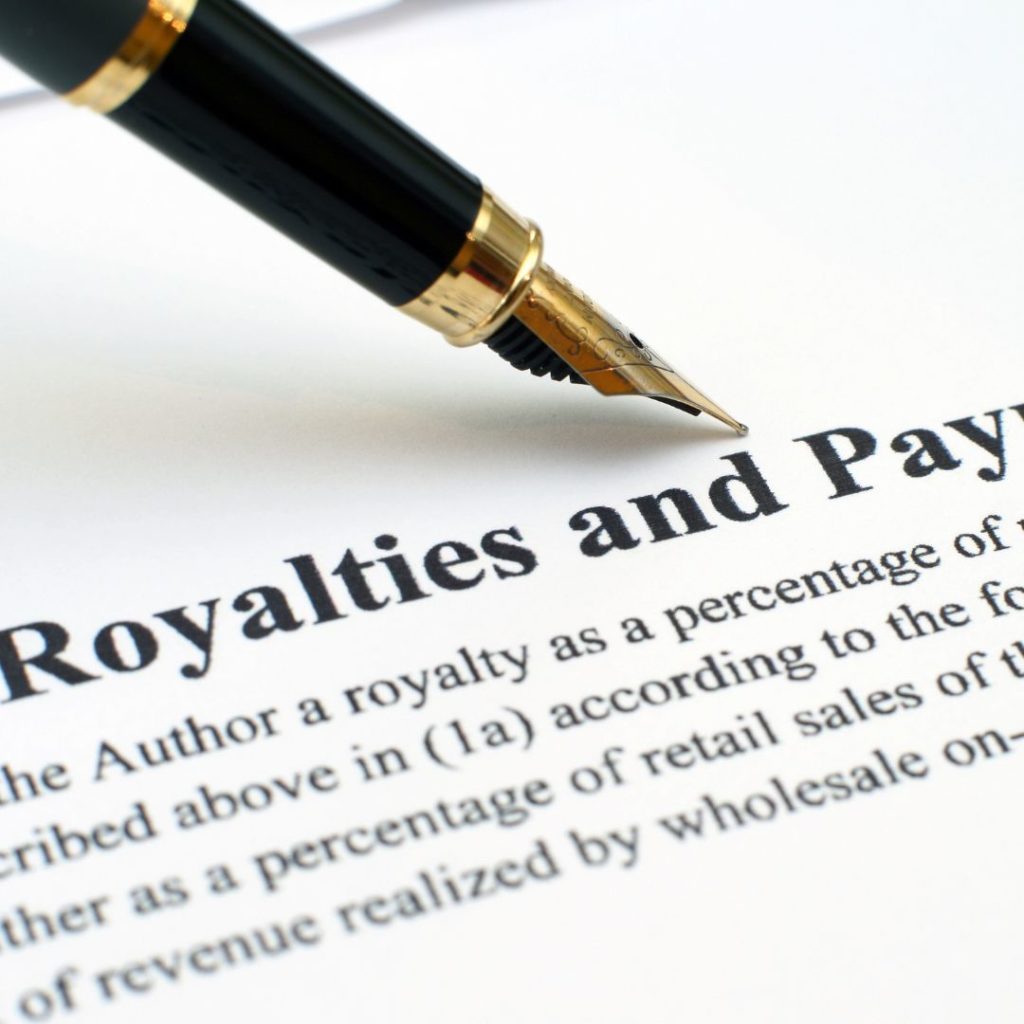If you’re a new author, the term \”book royalties\” may be one you’ve heard thrown around a lot. But what are book royalties? And how do they work? How much money can you make from book royalties? And is there anything you need to avoid when it comes to royalties?
These are all common (and great!) questions for anyone who has ever written a book.
As it turns out, there are many ways to make money from your work as an author. And one of them is through royalty payments.
But why should book royalties matter to you? This guide will help you understand everything about royalties—what they are, how they’re calculated, how much they might be worth to you, what happens when you sell copies of your book for more than their list price…and more!
What are book royalties?
Book royalties are the cut of the proceeds an author receives after a book has been published and sold. They’re often paid in the form of a lump sum, but can also be paid out incrementally as sales come in.
How exactly do book royalties work?
In order to understand how book royalties work, you have to start with the concept of intellectual property rights. Generally speaking, intellectual property refers to creations or discoveries that are protected by law because they are unique, original, and valuable. Intellectual property rights allow people who create something to profit from their creation—whether it’s a song, painting, or new invention—without worrying about someone stealing it from them.
When you sign a publishing agreement with your publisher, you’re giving them permission to publish your work under their name. They can then distribute it throughout the world. In exchange for this opportunity, your publisher pays you a royalty fee for every copy sold on top of whatever advance they may have given you upfront (usually an advance will be between $1K-$5K).
What factors affect the amount of book royalties an author receives?
There are a few different things that can impact the amount of royalties an author receives, such as:
- The format of the book: Is it a hardcover, paperback, or an eBook?
- The price of the book: How much did the reader pay for it?
- The royalty rate: This is the percentage of each sale that goes to the author. It’s typically between 15-25%, but can be higher or lower depending on the publisher and other factors.
- Whether or not the book is returnable: If a bookstore buys your book and then decides to return it, your publisher may deduct those copies from your total sales.
What is a standard book royalty rate?
The standard book royalty rate is 15%. However, this number can vary depending on the publisher, the format of the book, and other factors.
How long do book royalties last?
In most cases, book royalties are paid out for the life of the copyright, which is typically 70 years after the author’s death. However, it’s important to note that some publishers may include a clause in their contract that limits the number of years they have legal ownership of your work. This is something you’ll want to keep an eye on when signing your publishing contract.
What happens if my book sells for more than its list price?
If your book sells for more than its list price (also known as the cover price), you’ll still only receive a royalty based on the cover price. So, if your book has a cover price of $15 and someone buys it for $20, you’ll still only receive royalties based on the $15—not $20.
This is because retailers often offer discounts on the retail price of books to encourage people to buy them. So, while the customer may be paying more than the cover price, the retailer isn’t actually selling the book for that amount.
Are there different types of book royalties?
Yes! In addition to standard royalties, authors can also earn performance-based royalties, which are based on how well their book is selling. For example, an author might receive a higher royalty rate if their book hits certain sales milestones (such as 100,000 copies sold).
Another type of royalty is a foreign rights royalty, which is paid when a publisher buys the rights to publish your book in another country.
Lastly, there’s something called subsidiary rights, which are rights that you, the author, retain and can sell yourself (such as the rights to make an audiobook or create a stage play based on your book).
Do I have to pay taxes on my book royalties?
Yes. Just like any other income you receive, you’ll need to pay taxes on your book royalties. However, there are some deductions you can take as an author that can lower the amount of taxes you owe. For example, you can deduct any expenses related to writing and publishing your books, such as the cost of research materials, editing fees, and marketing costs. For the most up-to-date information you’ll want to go over this with a tax accountant who fully understands how an author’s earnings work.
How can I learn more about royalties at Lucid Books?
Here at Lucid Books, we believe every author deserves to be compensated fairly for their hard work, which is why we offer competitive royalty rates and advance payments.
If you’re interested in learning more about our publishing partnership opportunities at Lucid or you’re interested in submitting a book proposal, get in touch with us here. We’d be happy to answer any questions you have about the publishing process and our standard rates for book royalties.
We’re committed to helping authors just like you navigate the publishing process and reach your goals—whatever they may be.
Reach out to our team today to learn more about what we can do for you.




